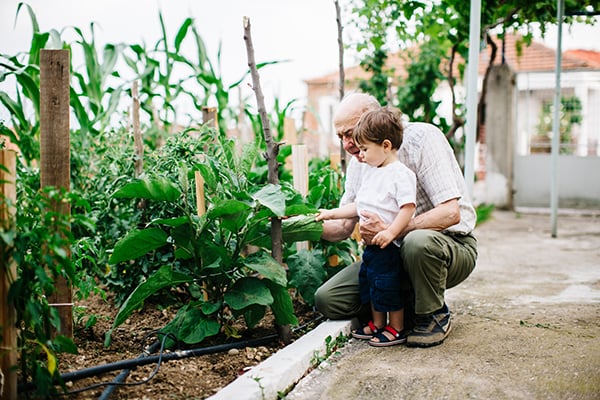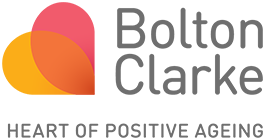Being your best: Preventing and reducing symptoms of frailty

As the COVID-19 pandemic continues, health restrictions mean many people have not had access to their usual community activities, from exercise groups to service clubs.
Research shows one unintended side-effect of essential health measures has been a loss of confidence and lower levels of engagement and activity, with home care and health providers noting a related increase in frailty among older people living alone.
What is frailty?
Frailty affects one in two people aged 65 plus. It refers to increased functional loss, with many causes and contributors. When a person is frail, they experience physical and cognitive decline and are vulnerable to poorer health outcomes. This can lead to further decline and loss of independence.
A frail person can experience reduced energy levels and difficulty with self-care. Activities like daily living, grooming, bathing, toileting, social engagement can be affected by cognitive impairment, depressed mood and ill health.
What the research says
The good news is research says interventions including physical activity, cognitive training, nutrition and social support can help reduce, reverse or postpone symptoms of frailty.
Physical exercise like strength and resistance training is effective and it’s even more effective if you do it in a group situation.
Eating a diet high in essential nutrients and one that fits your individual needs is also important.
Cognitive training, like word games and cross words are valuable and social support is essential – doing things you enjoy together with other people.
Moving, eating, thinking and connecting well
The good news is there are practical things you can do to reduce the risk of frailty. They include:
Moving well
- Join an outside exercise group to improve strength, mobility and balance.
- Sign up to an online health program, stretch or try Yoga.
- Reduce the risk of falls by staying active and independent for longer. Try some simple sitting exercises to help improve strength, mobility and balance.
- Modify your home equipment to help reduce falls such as get a walking frame and use a handrail in the bathroom.
- Enjoy your daily routines and independence knowing you’re connected to loved ones with digital independence products like Bolton Clarke InTouch in your home.
Thinking well
- Exercise your mind for a healthy brain and try a crossword puzzle, sudoku or a craft activity.
- Maintain good mental health by practicing mindfulness, meditation or Tai Chi to help cut down stress or anxiety.
Connecting well
- Social interaction helps you feel connected to your community and reduces isolation. Why not join a club, interact in a forum or go along to a community event?
- Reach out to family and intergenerational friends for a chat or share a tale with community members over a cuppa.
- Volunteer in a group to build social connections aligned with your interests like gardening or the library.
Eating well
- Eat nutritious meals to stay healthy. Why not take a cooking class or share a recipe with a friend and cook a meal for someone?
Being Your Best
Researchers from the Bolton Clarke Research Institute have worked with major Melbourne health providers and older people at risk of frailty to develop the Being Your Best Program. The evidence-based program, co-designed with older people, provides a holistic approach incorporating interventions around moving well, thinking well, connecting well and eating well.
Individual support is provided through community-based services with educational resources and coaching provided by the BCRI research team.
Download a PDF of this white paper.
Be Healthy and Active
Free health and wellbeing sessions
Bolton Clarke’s Be Healthy and Active program provides free, practical sessions to help you get the most out of life.

Recent white papers
Information for consumers on topics about health, wellbeing and active ageing.

